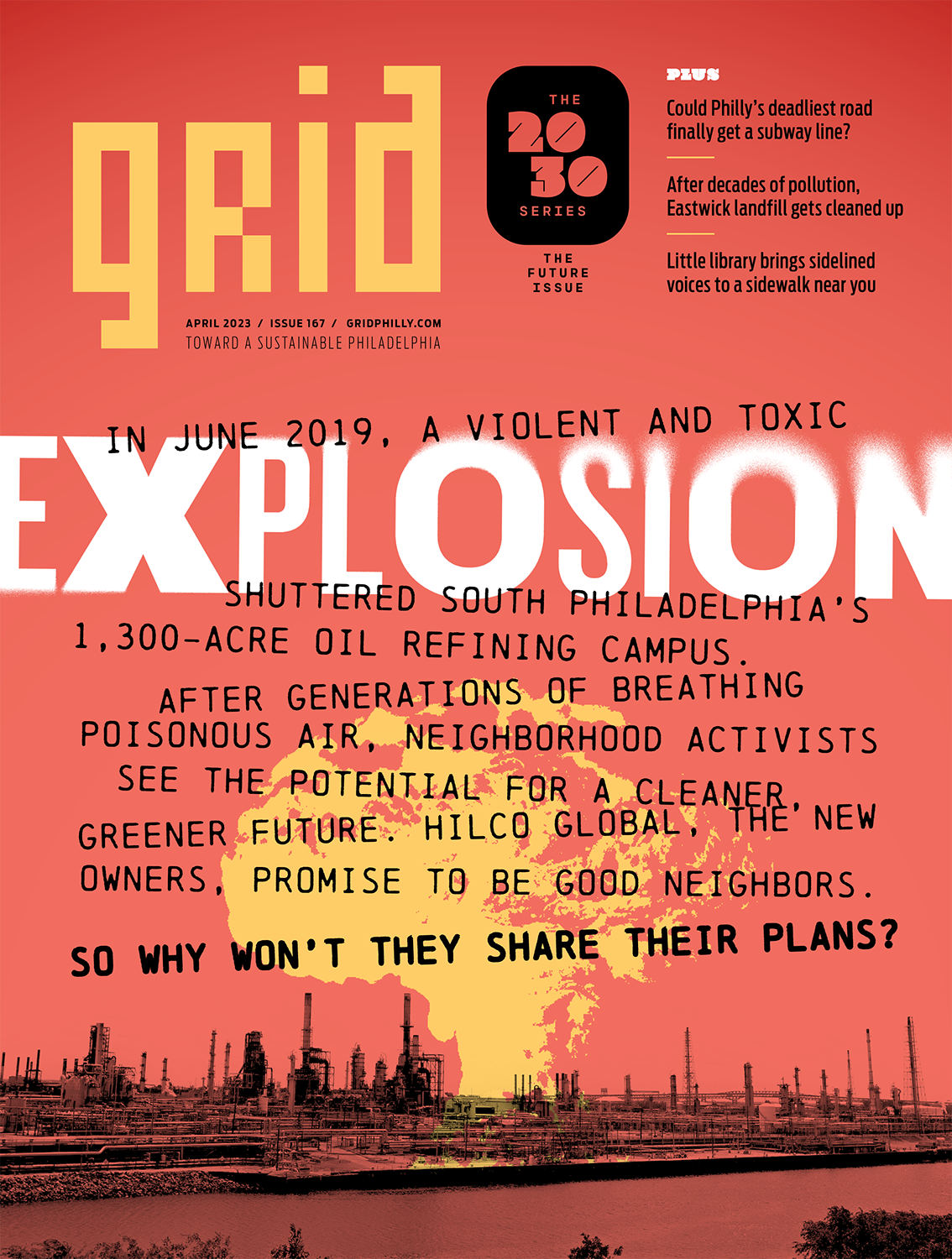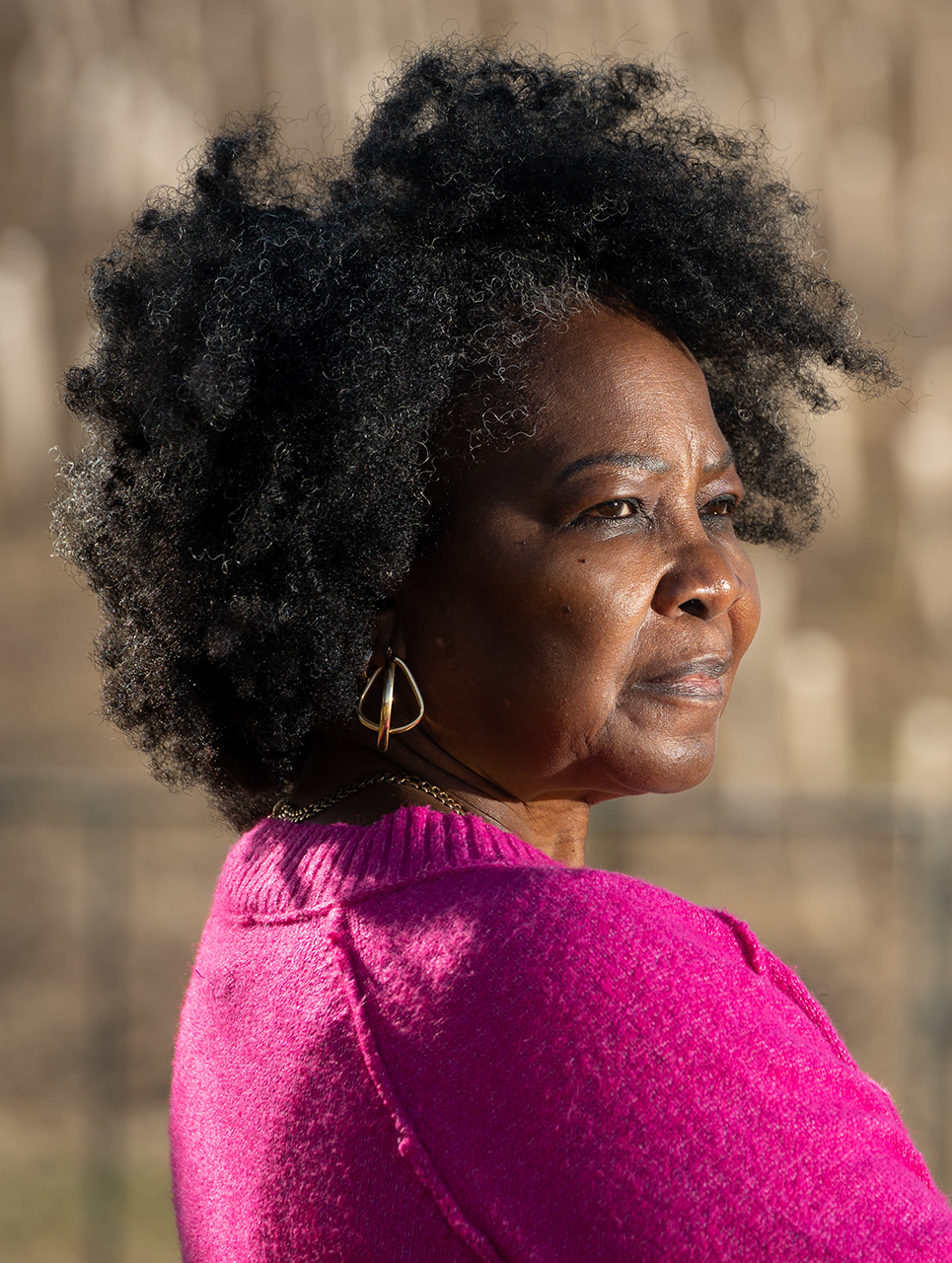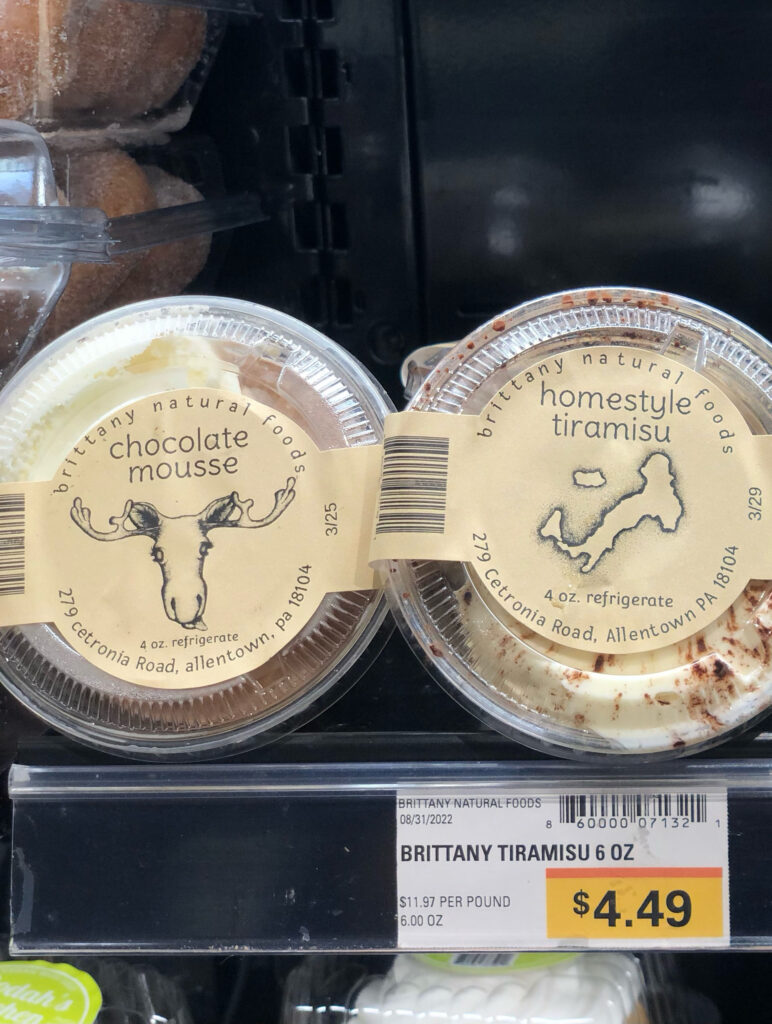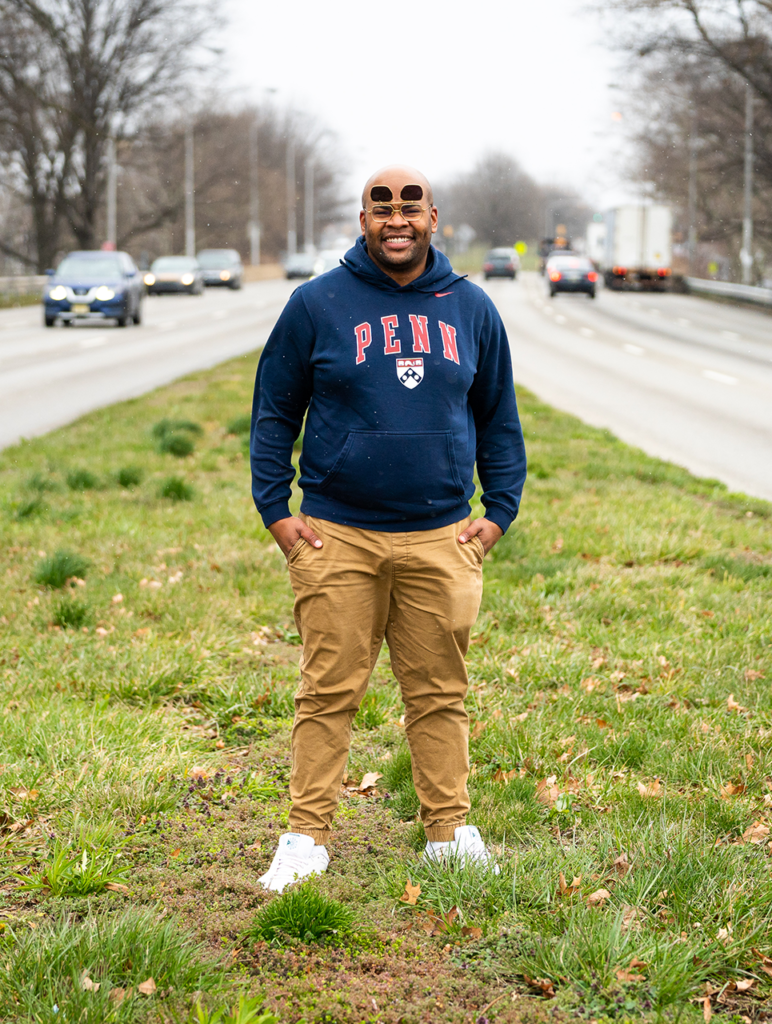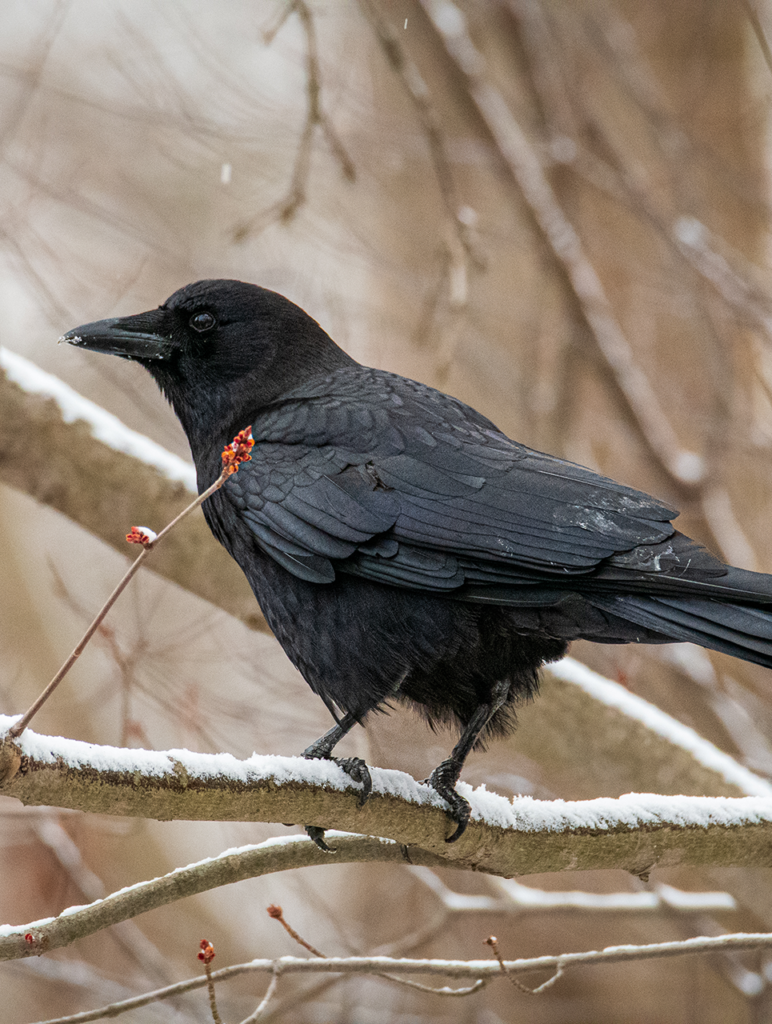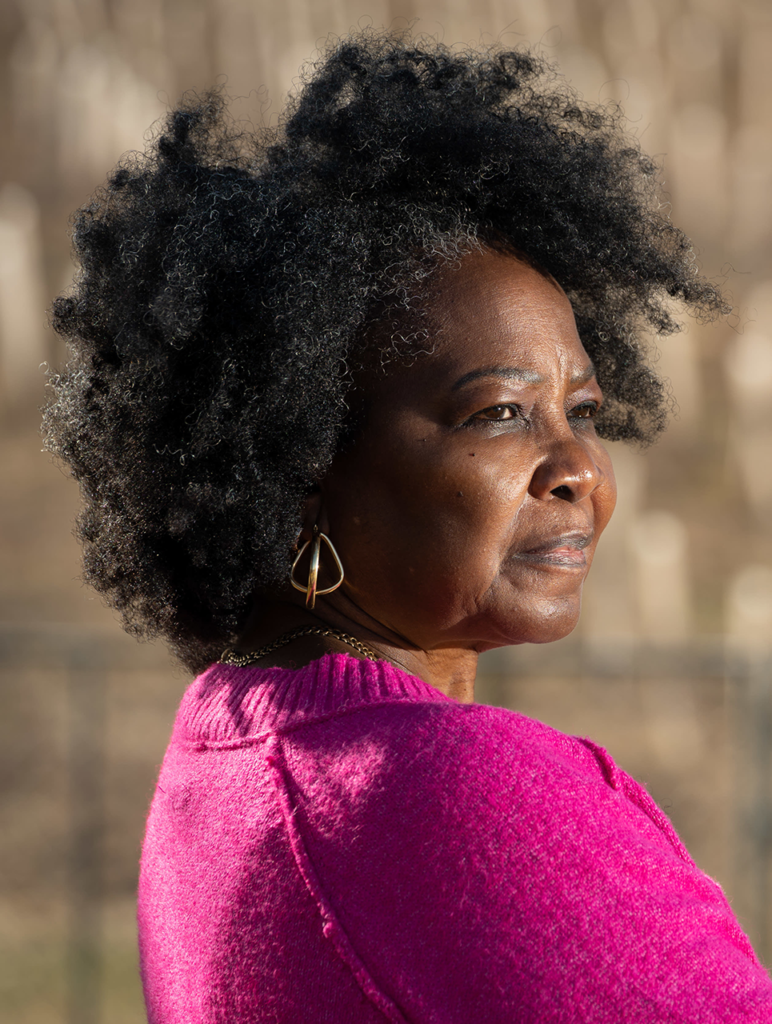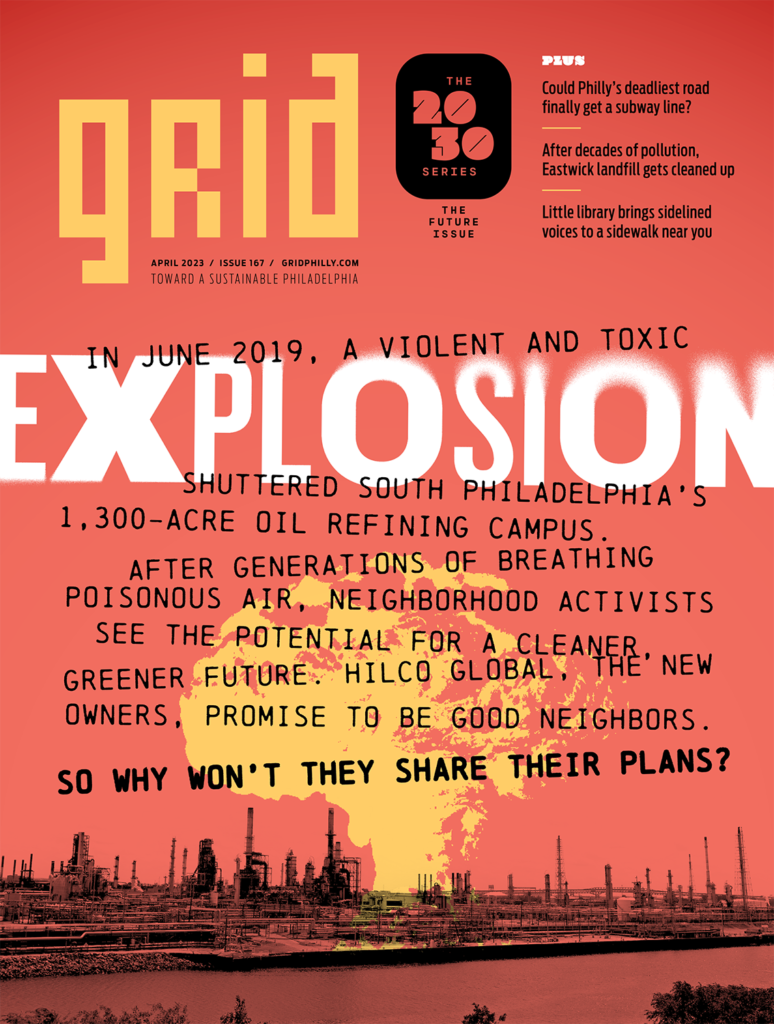The Philly Children’s Movement (PCM), which promotes child-centered activism and social-justice campaigns, including marches, demonstrations and workshops, has further heightened social consciousness through its Radical Little Library, a free neighborhood book exchange box at 601 West Carpenter Lane, outside of the Charles W. Henry School, near the Mount Airy Weavers Way Co-op.
“We stock the Radical Little Library with children’s books written and illustrated by BIPOC, LGBTQIA+ and other marginalized creators,” says Nicole Fisher, 45, PCM’s organizing director. Begun in May 2022, the library has works ranging from picture books for toddlers to fiction and nonfiction for young adults. “The books feature a variety of identities, covering race, class, family structure, sexual orientation and religion,” Fisher says. The library also has stories by and about people with disabilities.
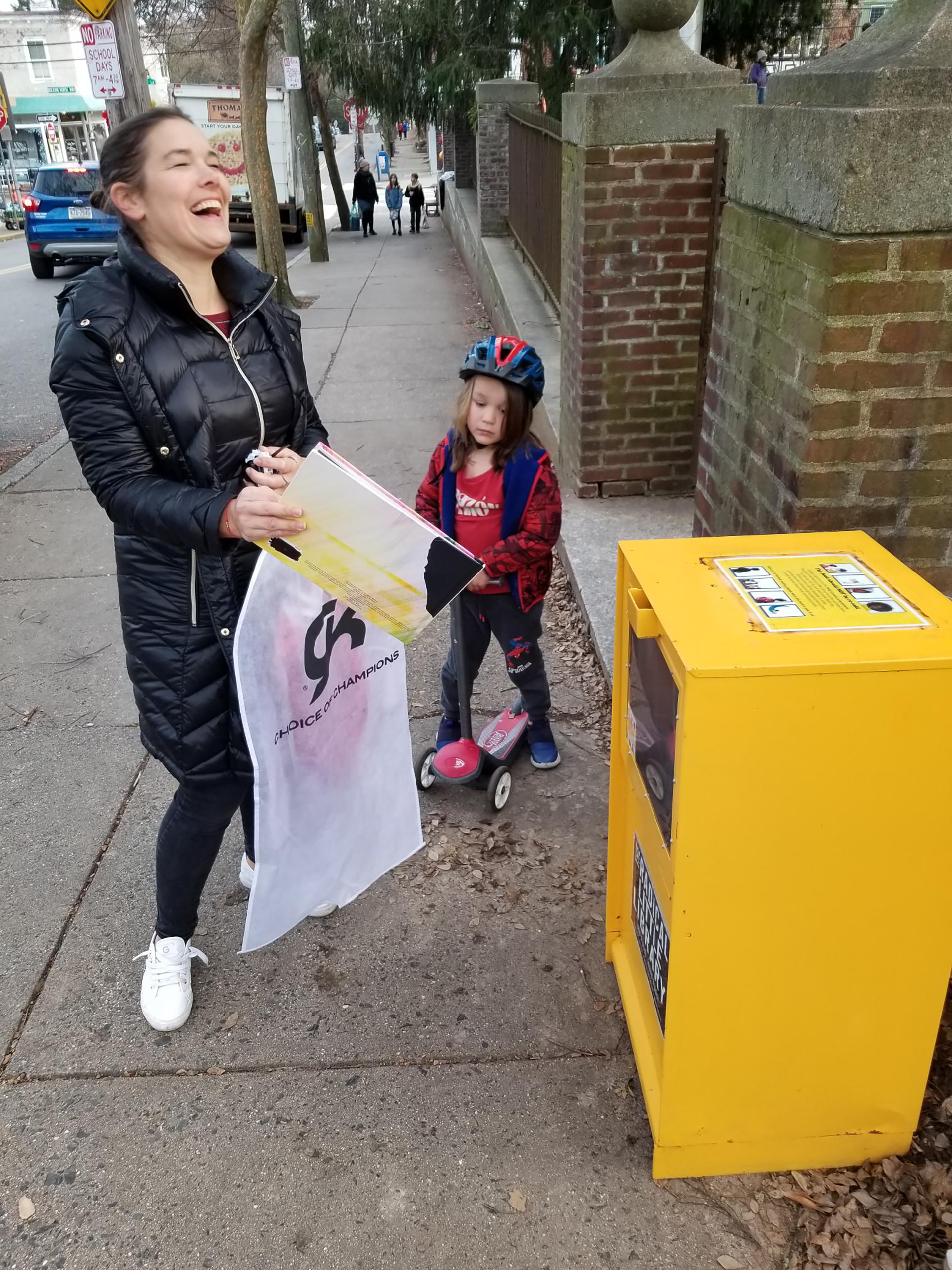
The Radical Little Library puts PCM in step with the nationally known program Read in Color. Little Free Library, begun in Wisconsin in 2009, developed the Read in Color program after George Floyd’s murder in 2020. Like the Radical Little Library, Read in Color features authors, illustrators and topics often sidelined in the past.
“Since Read in Color launched in the Twin Cities in 2020, we’ve shared more than 8,000 diverse books in our home community and established 25 Little Free Library book-sharing boxes,” says Margret Aldrich, director of communications at Little Free Library.” Read in Color has shared 40,000 diverse books nationwide, Aldrich says.
The Radical Little Library and the Read in Color program help redress an imbalance in the publishing industry. The majority of all U.S. children are of color, according to journalist Stacy M. Brown’s article in the April 14, 2021, edition of The Washington Informer. However, fewer than 25 percent of children’s books depict characters of color, according to the Little Free Library.
Students in Germantown and Mount Airy seem to enjoy helping with the Radical Little Library.
“I’ve gone with my mom to collect book donations from the book bank and shop for books at thrift stores,” says Asa White, 12, a student at Greene Street Friends School, “[and] I’ve helped refill the library.” White has donated books, including “The Hate U Give” by Angie Thomas.
Books like “Unspeakable: The Tulsa Race Massacre,” by author Carole Boston Weatherford and award-winning illustrator Floyd Cooper, both Black, have had shelf space in the Radical Little Library, but the books represent a range of emotional tones.
“We don’t limit the library to traumatic events,” Fisher says. “We want to tell stories of the joy of people of color, too. It’s part of our mission to uplift diverse children.”
The Radical Little Library achieves several goals.
“It fights book banning, which threatens to silence aspects of the nation’s past and present, such as slavery, Black achievements and violence against religious groups,” Fisher says.
The American Library Association (ALA) bears Fisher out. The record-breaking drive to ban books in 2022 reflects coordinated efforts to muzzle “historically underrepresented voices and deprives young people, in particular, of the chance to explore a world beyond the confines of personal experience,” says ALA president Lessa Kanani’opua Pelayo-Lozada.
Besides stocking banned or challenged books, the Radical Little Library lets children see more than the most familiar Black figures. “[Some classes] are MLK-ing me and Rosa Parks-ing me to death,” one student says about all-too-frequent limitations of Black history curriculums.
Books like those in the Radical Little Library can also boost children’s self-esteem, according to Colours of Us and Children’s Library Lady, websites about diverse books for children.
Seeing the Radical Little Library has made me more interested in reading books about different cultures.”
— Joshua Seales, Greene Street Friends student
“I love to read, and it feels good when the characters in the book look like me,” Asa White says.
No matter a child’s background, the Radical Little Library can spark curiosity about other cultures.
“Seeing the Radical Little Library has made me more interested in reading books about different cultures,” says Joshua Seales, 12, a Greene Street Friends student. Seales finds other benefits. “Having the library there means that other children who don’t have the same access to books, especially people of color, will be able to read about people who may share their experiences. I haven’t provided books [for the Radical Little Library] yet, but I have one I just finished reading and will probably donate. It’s called ‘Long Way Down’ by Jason Reynolds.”
PCM relies on other events to distribute books to children. The organization partnered with Jeannine Cook, owner of Harriett’s Bookshop and a PCM founding member, by having a table on banned books at the September 2022 launch of “Magnolia Flower,” a new children’s book by Ibram X. Kendi. This adaptation of Zora Neale Hurston’s short story of the same name focuses on a girl of Black and Indigenous heritage.
During last October’s Read by 4th Reading Promise Week, when parents vow to help their children become better readers, PCM hosted a Joy & Justice! event in the Jenks Academy for the Arts and Sciences schoolyard at 8301 Germantown Avenue.
The gathering featured author and tap dancer Khalil Munir, raised in South Philly. Munir’s three-part series, “The Crown Is Yours,” is based on his life. He told the audience of largely Black and Brown children that he’s successful despite dyslexia, an important message for children with learning differences.
PCM volunteers gave out free books at this event, some of them by BIPOC authors.
Books are a PCM cornerstone, but the organization has other tools as well. It began a Radical Little Garden last year.
“Children get to see the cycle of food: planting seeds, growing food, harvesting it and putting it in the community refrigerator for families,” Fisher says of the garden, at Germantown Avenue and Pastorius Street. “For our first season in 2021, we grew radishes, different kinds of lettuce and herbs. The garden ties in with environmental justice. In some parts of Philadelphia you have the food at the corner store, and it may not be fresh. And working in the garden is another chance to bring the community together.”
Besides these projects, PCM has, since its 2015 founding, offered antiracism and social-justice workshops, programs and consultations for schools and organizations.
“We have four core workshops,” Fisher says. “They include Developmental Stages: Understanding Race and Racism, Using Youth and Children’s Media to Build Antiracist Families & Schools, Talking with Children and Youth About Race and Racism, and Spotting Bias in Ourselves and Our Curriculum. We also have a six-part series on talking with kids about identity. Children notice different skin tones early, so it’s important to start teaching antiracist concepts early.”
PCM faces challenges in securing funding to grow.
“We’d like to have more children, families and schools involved in racial justice activism,” Fisher says, “but like many smaller nonprofits, we’re working to sustain ourselves post-pandemic. We’ve been blessed with help from several amazing funders, however we’ve been struggling to pull in larger funding to grow and extend our services.” Fisher has also noticed a recent belief that society has graduated beyond issues of race despite continuing racial disparities in the criminal legal system, environmental justice, education and other areas. It makes support even more challenging if funders shy away from antiracism topics, Fisher says.
In the meantime, the Radical Little Library helps develop keener awareness and appreciation of different cultures and ethnicities. Thanks to the library, Philadelphia joins cities like Minneapolis, New York, and Tulsa in promoting education and justice through free diverse books.
“We invite book donations to help sustain the Radical Little Library,” Fisher says. “Community support is a huge part of the library’s longevity.”
References for Books
The passion surrounding radical little libraries—one was blown up in Washington, D.C.—suggests their potential. Consider these book lists:
- EmbraceRace, an Amherst, Massachusetts, nonprofit, has webinars and action guides to help raise “kids who are inclusive, thoughtful, and brave about race.” Visit embracerace.org/resources and click on “children’s books.”
- Little Free Library’s Diverse Books Advisory Group and allies offers “lists of multicultural inclusive books for all age levels.” Visit littlefreelibrary.org and click “programs,” then “Read in Color,” then “recommended reading.”
- The Black Caucus of the American Library Association has created a reading list of 50 Black comics for all ages. Watch their YouTube video “Black Lives Matter: Comics as a Powerful Lens for Social Justice.”
To learn more about Philly Children’s Movement, visit phillychildrensmovement.org or email phillychildrensmovement@gmail.com.

